Ida Sophie von Uexküll-Harris
Ire of the Ritterschaft
This daughter of yours seems to be quite the woman. People like her... they tend to bring problems to their families if you know what I mean. You have spent years building up your reputation and gained the respect of your colleagues here. Sooner or later, your daughter will get caught up in something that will surely reflect poorly on yourself. Don't throw away all you've built.Ida Sophie von Uexküll-Harris is a Baltic German noblewoman renowned in the United Baltic Duchy for her poetry and her contributions to her local newspaper, Die Öselsche Tageszeitung. She lives in Karlshof Manor and is a member of the House of Uexküll-Harris and a daughter of Karl Albert, a respected statesman in the Baltic Landtag. People regard her as a quiet and studious young woman whose love of art and literature keeps her from other activities. Despite that, her recent actions have frustrated several prominent circles because of her outspoken defence of the peasantry.
Early Life
I'm happy for you, dear. The Uexkülls are a prestigious family with deep roots. You've done quite well for yourself and I'd be glad to invite this man over.Ida's mother, Hedvig Ketling, was the daughter of an affluent Hanoverian industrialist who had met her husband while accompanying her father to Riga. Hedvig and Karl Albert took a liking to one another and after they had parted ways, the two remained in contact with one another, exchanging letters as regularly as they could. Hedvig's father had eventually sensed his daughter's infatuation and eagerly invited the young nobleman to visit Hedvig.
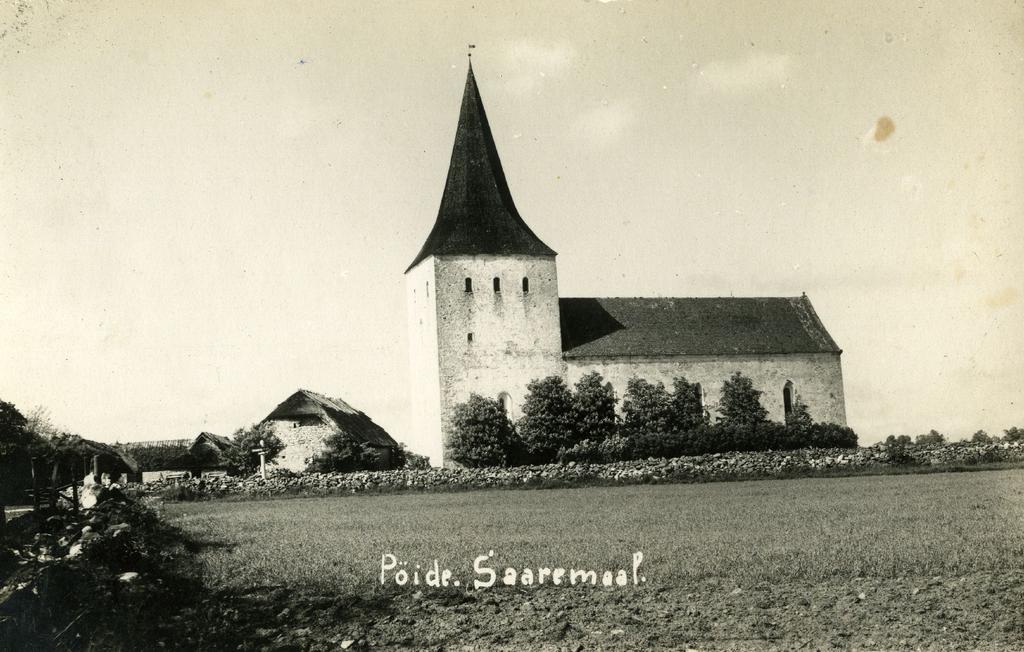
Education
Karl Albert invested heavily in the education of his children and from a young age, Ida was attended to by private tutors. In addition to assisting Ida with her regular studies, Josef Aalberg, an Estonian Swede, gave her lessons in Swedish and the local dialect of Estonian. Ida attended a German girls' gymnasium in Arensburg where she developed an interest in literature and art. During her years as a student, Ida lived in a private house along with her brother, Otto, and their caretaker, Hilda.Poetic Beginnings
During her time as a student, Ida grew close to her brother, Otto. The two got along well, and her brother would often help his sister with her studies. The two shared an interest in poetry and although Ida was hesitant at first, her brother convinced her to share her works with others. The siblings first showcased their poetic works in 1874 at the seat of the Ösel Knighthood, where the local nobles praised them for their ways with words. Her school heard of her abilities as well, opening up more opportunities for both of them.Lavender of Lewala
Early in 1878, things would soon change as Otto von Uexküll-Harris had enlisted as a serviceman. Before his departure, Ida's brother enouraged her to present her writing to the locals as well, even though both of them were aware that their father would have been against such an idea. To him, only the Swedes and Germans of the the United Baltic Duchy were worthy of his and his family's time.Midsummer's Festivities
In the summer of '74, Ida attended a midsummers festival in Lewala, a village close to her family's estate. As nearly everyone there was an Estonian, she decided to attend in secret and avoided telling people her full name. Ida had a decent grasp of Estonian and she was able to engage in basic conversations, but her limited vocabulary did force her to revert to German at times.Farewell, dear Sophie. I’ll make sure to send plenty of letters. Father can be a bit uptight and mother worries too much, so the tales of my daring deeds will have to be directed at you. Just omit the dangerous aspects of my new career when talking to mother.
Many of the attending villagers did seem distrustful of her upon hearing her accent, but whatever they murmured amongst one another, they kept to themselves. During the celebrations, several local artists performed on a small stage near the old cobble road that passes through Lewala. A few groups performed well-known runic songs that everyone save for Ida seemed familiar with. Others played instruments as the people danced around. The only other poet there was a young man who had looked at Ida several times, but she was never sure whether his face conveyed a sense of distrust, as with the other locals, or concern.
Warming of Hearts
The two poets were to perform as soon as the red glow of the rising sun was visible. Ida got to go on stage first. She was well aware that presenting the locals with German poetry would have been seen in a negative light. Most would have assumed she was belittling the Estonian tongue and trying to convey the superiority of the German people or something like that. To avoid flaring up tensions, she instead opted to go with a poem that she had memorised in Estonian by the beloved Lydia Koidula. Her presentation of the well-known poem and her pronunciation seemed to warm a few hearts. Seeing as many of them had realised that Ida wishes to learn and be a part of their community, they allowed her to continue in German, although she did also apologise for it and promised to write in their language as soon as she felt ready.To see frowns and glares turn to positively surprised smiles was a relief. They all seemed far more humane and kind-hearted than most of the vile lords in the ritterschaft
Jaak of Peude
After her performance, she returned to the bench as the audience clapped. Although many of them couldn’t speak her mother-tongue, or at least not well enough to understand her poetry, the rhymes and words themselves were pleasant and soothed tensions. While she was resting her nerves and taking in a few deep breaths, the other poet stepped on stage. The young man introduced himself as Jaak, son of Hans, but the audience seemed to know him already and they waited with eager anticipation. He told the people that he had written up three different poems and lightheartedly joked that he hoped his words would leave either a lasting impression or give the fine folk something to laugh at. Although Ida’s knowledge of Estonian wasn’t the best, she at least understood enough to get a basic understanding of the poems. The first one seemed to be about the harvest, or perhaps the harvest was a metaphor for something deeper. It was hard to tell. His second poem spoke of a love for one’s home and island, and the crowd seemed quite proud of that one. Finally, the third poem was one of slavery and oppression. It also resonated with the audience, having suffered under centuries of foreign rule, but as that foreigner, Ida felt uneasy and guilt-ridden.Bundle of Flowers
Before he could leave the stage, he requested a bottle of vodka, taking a hefty swig before addressing the people. He announced that inspiration had struck during the evening festivities, and that the rhymes that had come to him were in need of a friendly audience. A few were skeptical, but they all listened as it seemed a good end to their gathering. Jaak’s new poem flowed well from word to word and talked of a beautiful bundle of lavenders. With his last word, he bowed, and following a few words of praise, they all returned to their homes to recover from the food and booze. In the morning, Ida had discovered that she had lost her notebook. Knowing that she wrote her opinions of Jaak's poetry in it, she returned to the village and looked for the bench where she had sat. Her notes were there, along with a bundle of lavenders that had been placed next to it.
Recent Activities
Apologies, sir, but from the numbers that I’ve been able to see, even after all your complaints, miss Ida Sophie brings in far more money that your needless moaning has cost us.In recent months, Ida has made a name for herself as a contributor to the Die Öselsche Tageszeitung. The daily newspaper has become an opportunity for her to share her poetry with a wider audience. As she has become more proficient at speaking and writing in Estonian, she has translated a few of her old works as well as written a few new original poems in the local language.
Tensions with the Lords
While the local Baltic German nobles were content to let the young poet contribute to the newspaper at first, many of their opinions have by now soured on her. While they approached Ida’s German poetry, they’re less keen on her coming up with completely new content in the language of the common rabble and her opinion pieces have left the Ritterschaft baffled. Ida’s critique of the natives’ treatment at the hand of the upper classes caused an uproar and calls to have her removed from the editorial board reached the daily newspaper’s leadership. Such criticisms have led to some boycotting Die Öselsche Tageszeitung, but their leadership has yet to give into demands as Ida’s contributions have also led to a significant increase in readers among the Estonian-speaking community. Ida herself is more concerned about her family’s reactions to her activities since whatever she does affects her father and his career in politics.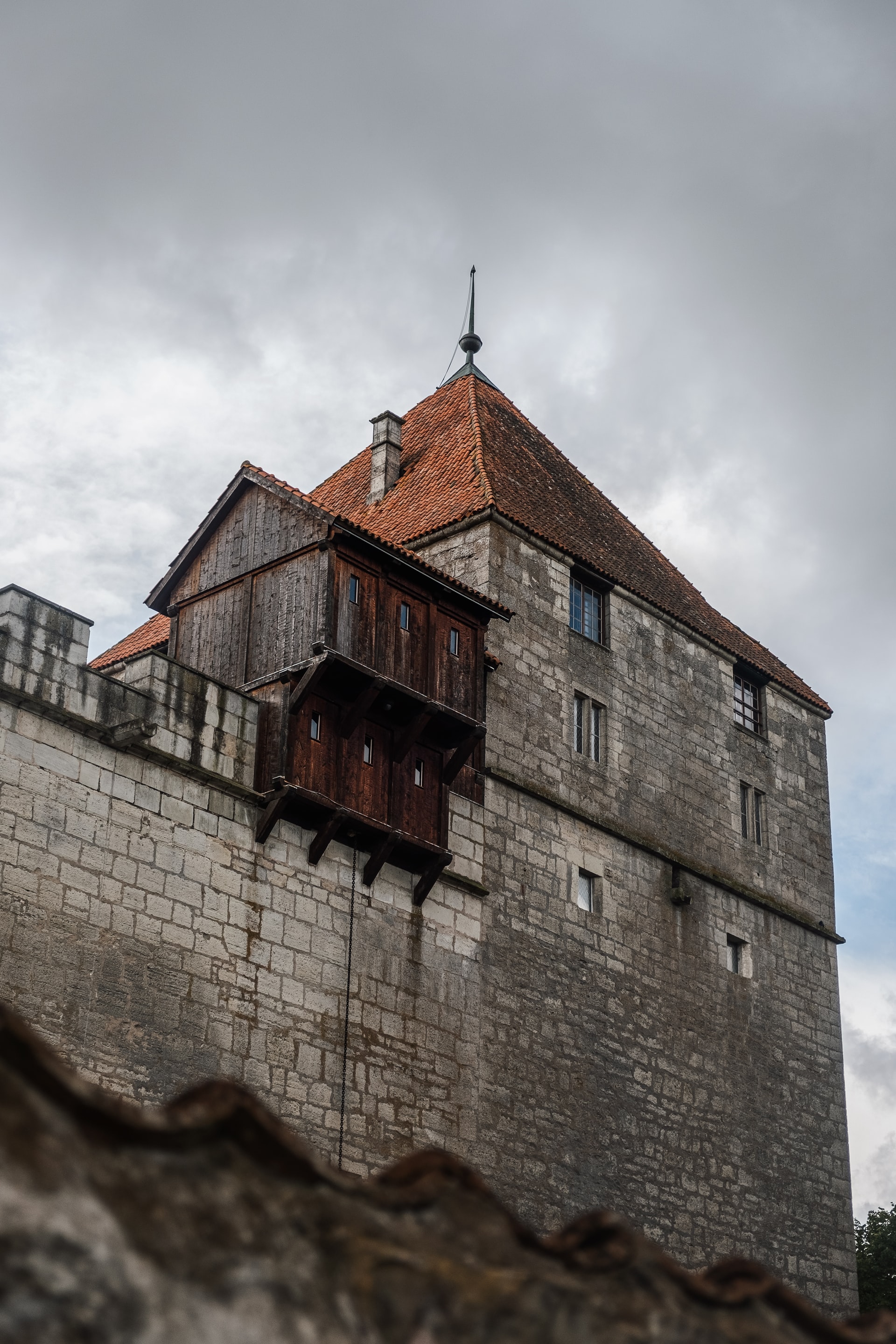

The Arensburg Estate
Karl Albert von Uexküll-Harris had spent a few years of his life living in Arensburg before the construction of Karlshof. The house he lived in was old, and he had found it unsuitable for himself. Once his manor was ready and he had moved out of Arensburg, Karl hired a company to renovate his old home. After a brief inspection of the building, the construction men told Karl Albert that it would be far cheaper to demolish the house and to build a new modern estate in its stead. The proud statesman wasn’t all too attached to the house and gave the workers his approval. Nearly two years later, the building was complete. It now serves as a home away from home for any of his close family members who wish to live in the quiet little town. The house is situated near the heart of Arensburg, right between the castle and its surrounding park, and the centre of town where the local knighthood and town hall lies.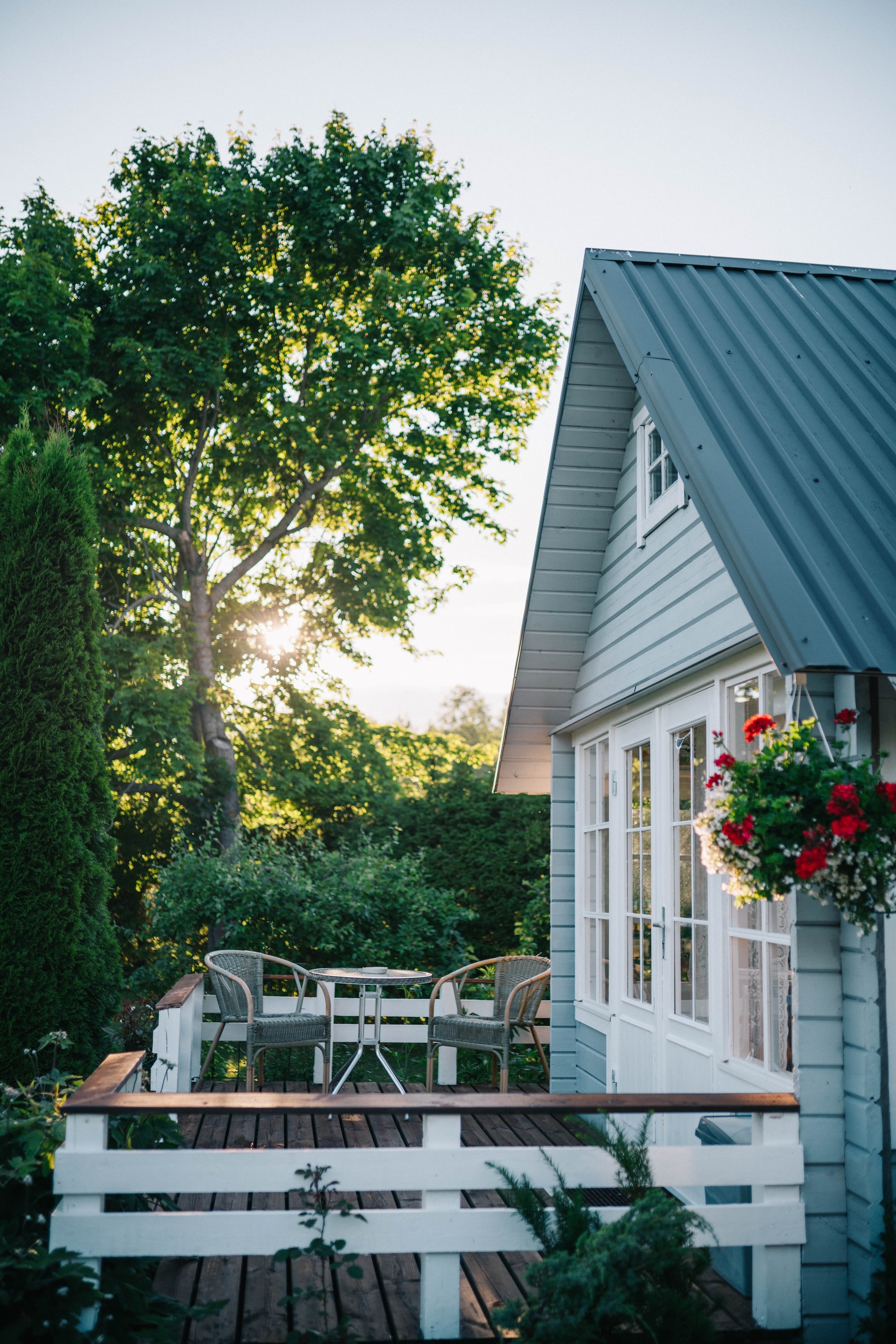
Kui kaua küll veel,
kestab see maa.
Sel mil priiuse teel,
seisab seal haav.
See vesi ja muld,
väärt rohkem kui kuld!
For how much longer,
shall last this land.
In the path of its freedom,
there lies a wound.
This water and soil,
worth more than gold!
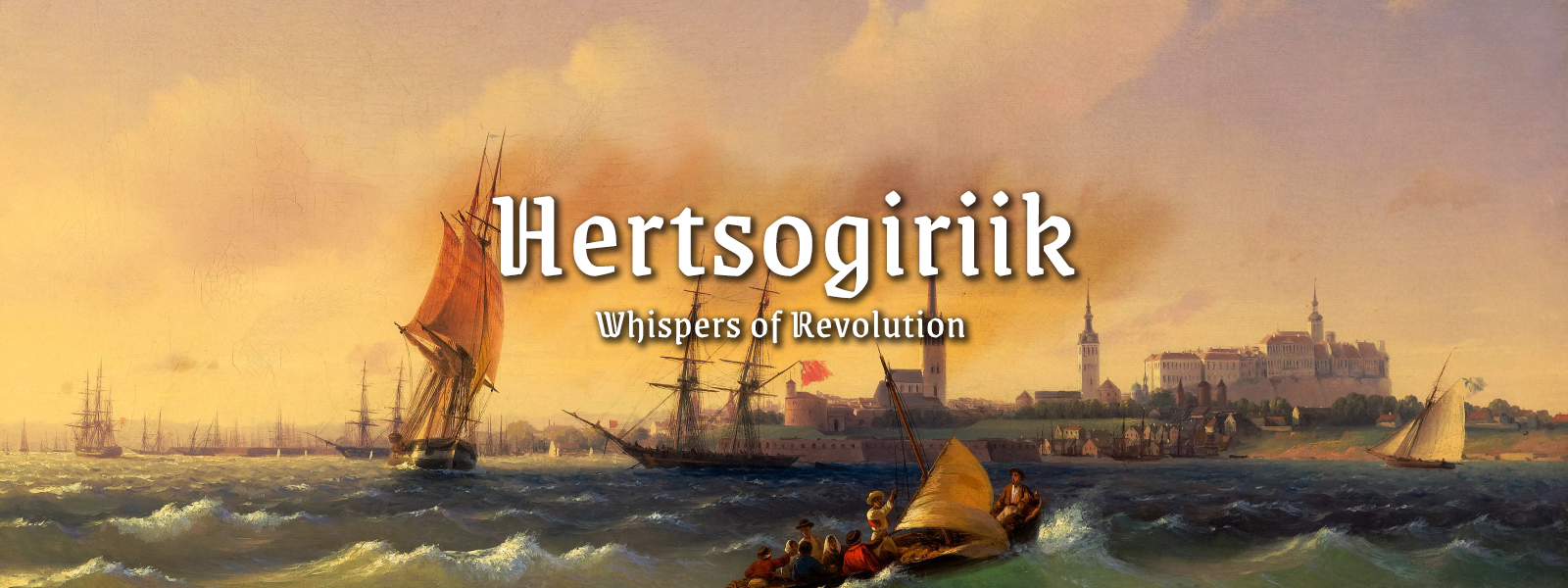






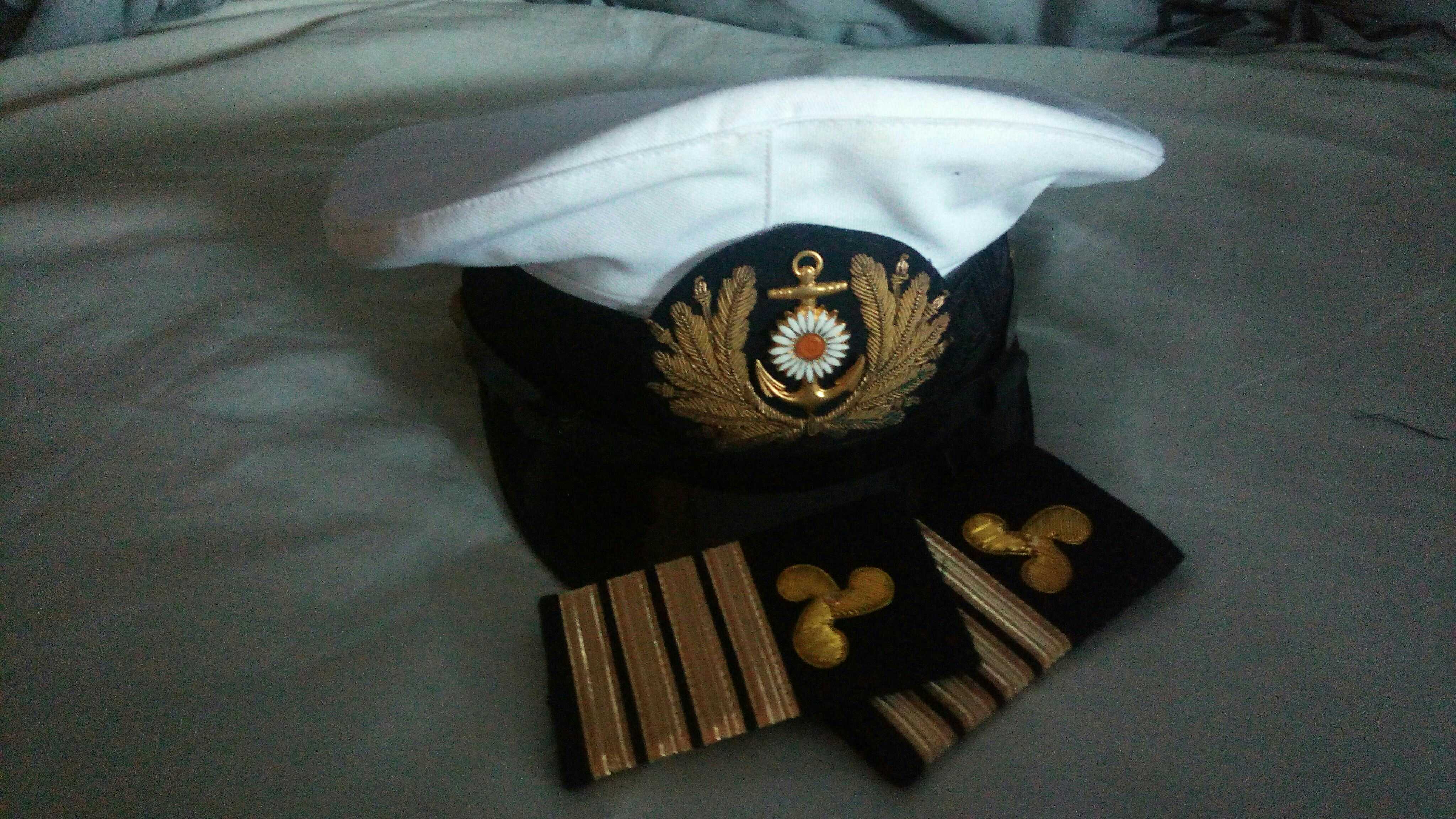







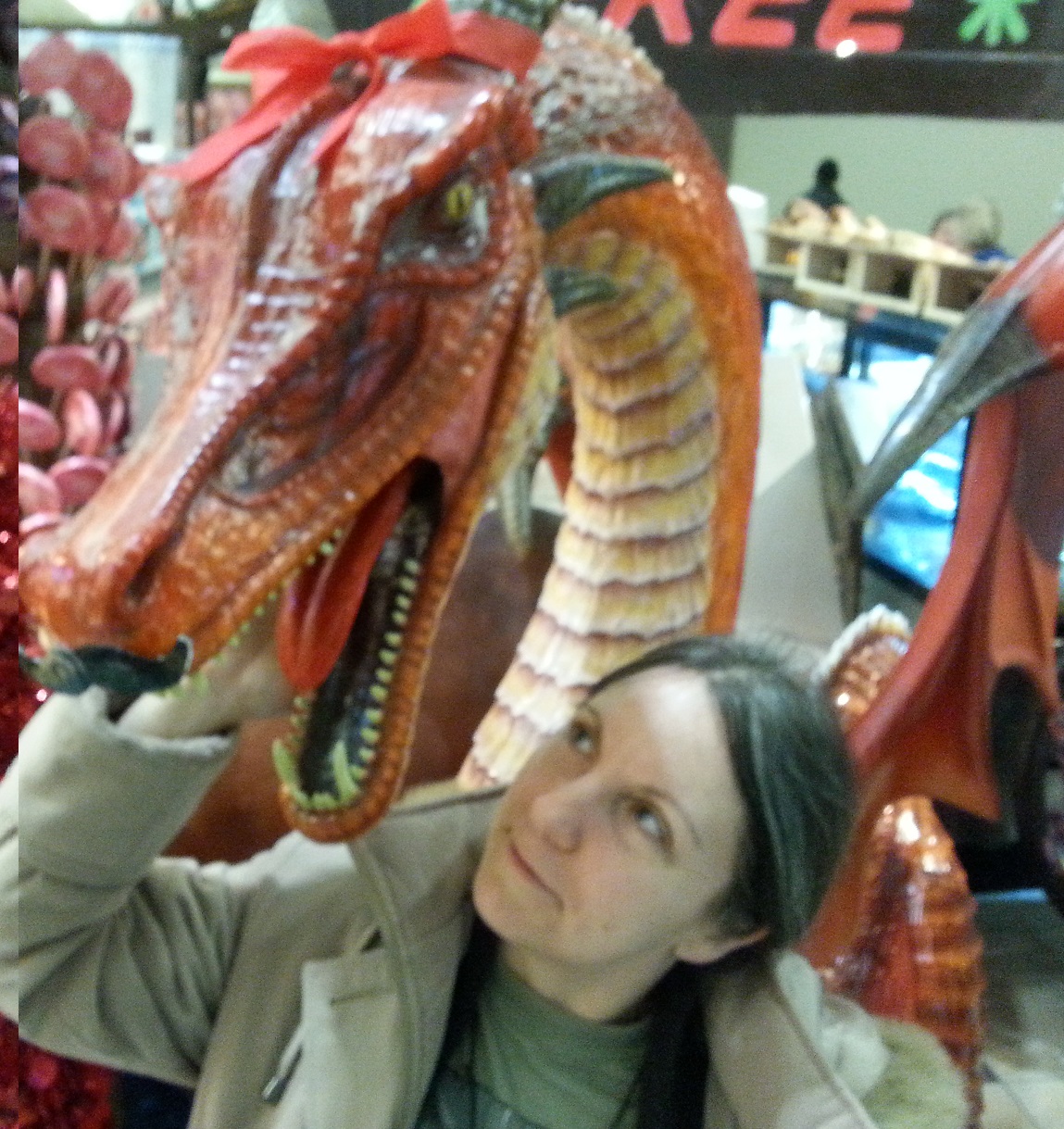
Great article! This is a fascinating glimpse into the local politics and divisions. I love Ida relationship with her brother. And is she in contact with Jaak now? Seems like there is something more going on there :p Any risk of her father marrying her off to someone to make her someone else problem? I'm curious about the style of poetry in Estonian vs German. Do they both use rhymes and count the number of syllabes? Is there something more like in English with the way they pay attention to where the accent is in the words and sentences? Ida must have become really good with Estonian to be able to translate poetry - unless she had help from someone :p
Thank you for reading! And good questions. Maybe she is in contact with him, and maybe there is something going on there. Perhaps he also happens to own a handy boat as well. Who knows! Well Ida probably does but she's keeping her secrets. And yes her father might consider marrying her off as a backup plan if she proves to be too bothersome. I still need to do some more research on that kind of stuff however. Late 19th century isn't quite as backwards presumably as something more medieval, but more research is required. This whole world requires a lot of that in general.
Maker of Maps